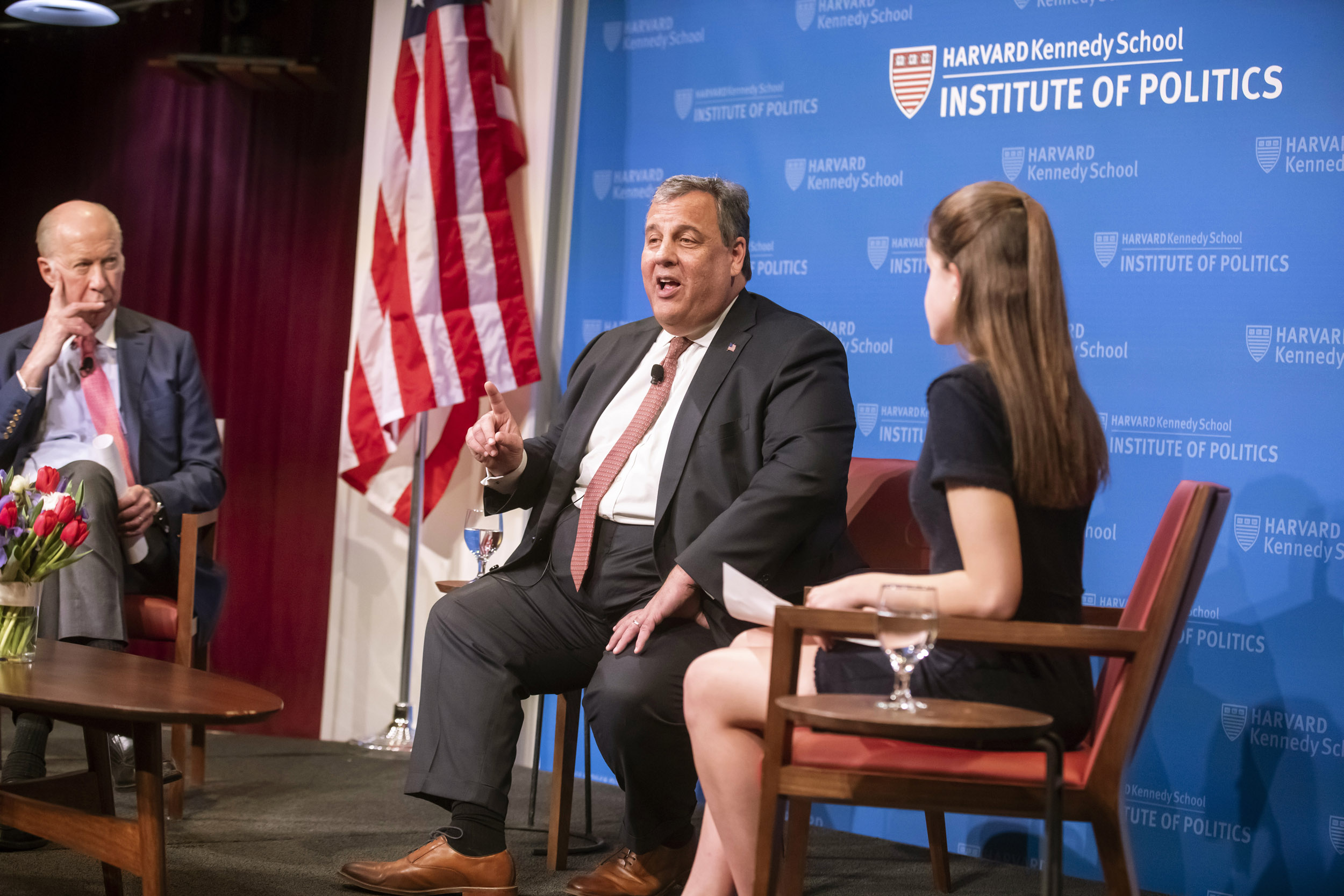Harvard Faces Challenges Under Trump's "America First" Agenda

Table of Contents
Impact on International Students and Faculty Recruitment
The "America First" agenda's emphasis on immigration restrictions significantly hampered Harvard's ability to attract and retain international students and faculty. Stricter visa policies and increased scrutiny of foreign nationals created substantial hurdles. The implications were far-reaching, impacting not only the university's diversity but also its research capabilities and global standing.
- Reduced international student applications: The heightened visa application process, coupled with concerns about the political climate, led to a decrease in applications from prospective international students. Many students, facing uncertainty and lengthy processing times, opted for universities in countries with more welcoming immigration policies.
- Difficulties in recruiting top international faculty: Similarly, recruiting top researchers and professors from abroad became more challenging. The complexities of obtaining and maintaining work visas discouraged many highly qualified candidates from seeking positions at Harvard.
- Increased visa processing times and rejection rates: The increased scrutiny of visa applications resulted in longer processing times and a higher rejection rate, creating significant uncertainty and delays for both students and faculty.
- The impact on research collaborations: Restrictions on international travel and collaborations impacted research projects reliant on global partnerships. The sharing of data and intellectual property across borders became more complicated, hindering scientific progress. This impacted various fields, from medicine and engineering to the social sciences.
Funding Cuts and Research Restrictions
The "America First" approach also manifested in potential cuts to federal research funding and increased restrictions on research collaborations. This directly affected Harvard's extensive research initiatives, impacting its ability to conduct groundbreaking work across various disciplines.
- Reduced funding for scientific research: Concerns arose regarding potential cuts to federal grants and contracts crucial for numerous research projects at Harvard. This threatened to limit the scope and impact of ongoing and future studies.
- Limitations on collaborations with international partners: Restrictions on collaborations with researchers in certain countries raised concerns about the feasibility of joint projects and the free exchange of scientific knowledge.
- Concerns over data sharing and intellectual property: Increased scrutiny of data sharing and intellectual property agreements added another layer of complexity to international research collaborations, slowing progress and hindering innovation.
- Potential impact on specific research areas (e.g., climate change): Some research areas, such as climate change, which inherently require international cooperation and data sharing, were particularly vulnerable to these restrictions, hampering progress towards addressing global challenges.
Challenges to Harvard's Commitment to Diversity and Inclusion
Harvard's unwavering commitment to diversity and inclusion faced significant headwinds from the "America First" agenda's potentially exclusionary rhetoric and policies. This created tension on campus and sparked important debates surrounding immigration, affirmative action, and the university's role in fostering a welcoming environment.
- Increased anti-immigrant sentiment on campus: The national political climate spilled over onto campus, leading to increased anxieties and concerns among international students and faculty.
- Debates surrounding affirmative action and immigration policies: The "America First" agenda fueled debates about affirmative action and immigration policies, challenging long-standing commitments to diversity within higher education.
- Potential impact on diversity initiatives: Concerns arose that the political climate could negatively affect Harvard's efforts to promote diversity and inclusion across all aspects of campus life.
- Student activism and responses to administration policies: Students responded to perceived threats to their community and university values through activism and advocacy, creating dialogues about inclusion and social justice.
Navigating Political Polarization and Public Scrutiny
The heightened political polarization during the Trump administration subjected Harvard to increased public scrutiny. Its progressive policies and substantial endowment became targets for criticism from various political quarters.
- Increased public scrutiny of Harvard's endowment and spending: Harvard's sizable endowment attracted criticism, with some questioning its use and allocation of resources.
- Political attacks on Harvard's progressive policies: The university's commitment to progressive values and policies made it a target for political attacks from conservative groups and individuals.
- Harvard's strategies for navigating political polarization: Harvard had to develop strategies to navigate the increasingly polarized political landscape and maintain its reputation and commitment to its mission.
- The impact on fundraising and philanthropic contributions: The political climate and public criticism could have impacted Harvard’s ability to secure fundraising and philanthropic contributions crucial for its operations and future plans.
Conclusion: The Enduring Challenges for Harvard Under "America First"
The "America First" agenda posed significant challenges to Harvard University, affecting international student recruitment, research funding, diversity initiatives, and its public image. These challenges highlight the vulnerability of higher education institutions to nationalistic policies and the importance of international collaboration in advancing knowledge and addressing global issues. Understanding the challenges Harvard faced under the "America First" approach offers valuable insights into the future of higher education in a changing political landscape. Further research on the impact of nationalist policies on universities is crucial for ensuring the continued strength and global reach of institutions like Harvard.

Featured Posts
-
 Air Traffic Control Simulation Pete Munteans Cnn Report
May 30, 2025
Air Traffic Control Simulation Pete Munteans Cnn Report
May 30, 2025 -
 Warning Canada Could Lose Measles Elimination Status By Fall
May 30, 2025
Warning Canada Could Lose Measles Elimination Status By Fall
May 30, 2025 -
 Visualiza Tu Asiento Con El Venue Virtual De Ticketmaster
May 30, 2025
Visualiza Tu Asiento Con El Venue Virtual De Ticketmaster
May 30, 2025 -
 Tileoptiko Programma Megaloy Savvatoy 19 4
May 30, 2025
Tileoptiko Programma Megaloy Savvatoy 19 4
May 30, 2025 -
 The Taco Trade Dispute Understanding Trumps Anger
May 30, 2025
The Taco Trade Dispute Understanding Trumps Anger
May 30, 2025
